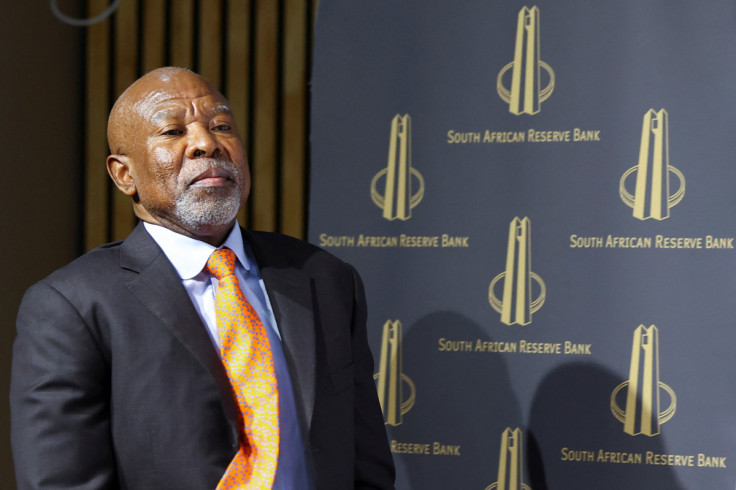Grey Shadows Of Dirty Money Over South Africa, But There Still Is Hope

South Africa is running against time. The most industrialized African nation has been on the watchlist of the Financial Action Task Force (FATF), the global anti-money-laundering body, since October 2021 and is making efforts to stave off grey-listing by April next year.
If South Africa is added to the greylist, it will take years to get out of the devastating impact on the economy. The country was placed on a one-year observation period, which ended in October.
If South Africa fails to remedy the 20 weak spots identified by the FATF, the greylisting will strike at the economy with a decline in the capital inflow of 7.6 percent, a 3 percent fall in FDI, and a reduction in portfolio by nearly 2.9 percent of the GDP, according to the International Monetary Fund (IMF).
It will also hit the structural strength of the economy and local businesses that contribute to the GDP.
Grey-listing, connected to South Africa's anti-money laundering and counter-financing of terrorism (AML/CTF) compliance, will complicate development assistance, including the country's energy transition investment needs.
Two of South Africa's star performers have been the banking and the legal system. At the moment, both are beyond repair in view of politicians and their associates implicated in financial crimes but not charged and are still holding offices.
South Africa's inability to prosecute guilty persons for financial crimes is the main reason for the possible grey listing by FATF, an intergovernmental organization that monitors corrupt financial actions as well as keeps an eye on terrorist financing and money laundering. Currently, there are 39 member nations with Paris- based FATF, of which South Africa is one.
A recent example is the infamous case of the Gupta brothers. While global regulators took anti-money laundering actions against the Guptas, the South African government failed to take action.
Due to years of state capture, corruption is thriving in the country, which has undermined key agencies with roles in curbing financial crimes.
Besides, the use of cash in South Africa is widespread and has turned into a high risk for money laundering and terrorist funding through cross-border movement.
FATF grey listing, which will be made public, will increase the cost of doing business with foreign trading partners in South Africa and it will be extremely hard for South African investors to take capital offshore. It can further impair the nation's economy's links to the global financial system.
If greylisted, South Africa will join South Sudan, Uganda and Syria on the global grey list. Countries that were greylisted in the past have suffered long-term effects.
Pakistan, which was on the greylist till 2019, suffered cumulative real GDP losses of $38 billion. Mauritius, which had similar shortcomings as South Africa, suffered considerably after being on the greylist two years ago. The African nation of Botswana was also hit hard.
The South African government has unveiled urgent changes to its laws to avoid being grey-listed. In executing an action plan to prevent the greylisting, the National Treasury has been working closely with the departments of justice, trade, industry and competition, social development, and revenue service.
Since greylisting is a matter of grave concern, South Africa has approached the World Bank and the European Union to strengthen the anti-money laundering system to tackle financial crimes and corruption.
An amendment bill, seeking to address at least 14 of the 20 recommendations by the FATF, envisages enhancement of powers for regulatory authorities and another separate bill, the Protection of Constitutional Democracy against Terrorist and Related Activities Amendment Bill, 2022, will make sweeping changes to the Trust Property Control Act, the Companies Act and Non-profit Organizations Act.
South Africa is working with a sense of urgency and is trying to hasten work to clean up corruption as recommended by the FATF to improve global financial integrity. However, will these measures prove too little and too late to hit hard on the second-largest economy in Africa?
© Copyright 2025 IBTimes IT. All rights reserved.



















